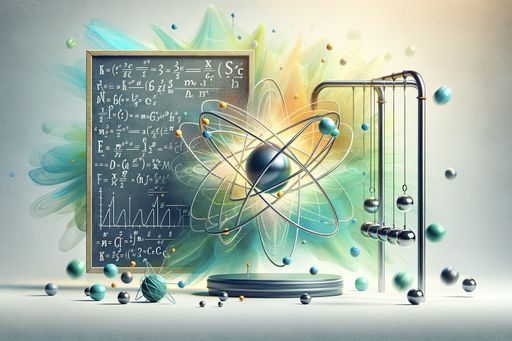CERN Proposes Accelerator 3 Times as Long as Large Hadron Collider
CERN wants to build the Future Circular Collider, an accelerator that would be three times as long as the Large Hadron Collider.

The Need for a Bigger Accelerator
The Large Hadron Collider (LHC), located near Geneva, is currently the largest and most powerful particle accelerator in the world. However, CERN is now proposing the construction of an even bigger accelerator called the Future Circular Collider (FCC), which would be three times as long as the LHC.
Since 2008, the LHC has been conducting experiments to learn about the early Universe. It made a significant discovery in 2012 with the identification of the Higgs boson, but there are still many unanswered questions about dark matter and the dominance of matter over antimatter. CERN believes that a larger, more powerful accelerator is needed to find these answers.
The Feasibility Study and Project Details
The idea of the FCC was first proposed in 2014, and CERN has now commissioned a feasibility study to determine if it is possible. The study is expected to be completed by 2025, and if everything goes according to plan, the FCC could be operational in the 2040s, coinciding with the end of the LHC's useful life.
The FCC would have a circumference of 91 kilometers and would cost $21.5 billion to build. One proposal shows it partially overlapping with the LHC, with a portion of it going under Lake Geneva and around the city of Geneva. It would be able to generate energy levels of 100 teraelectronvolts, more than seven times higher than the LHC.
However, due to the higher levels of radiation, the FCC would need to be dug at twice the depth of the LHC. Some scientists have criticized the project, arguing that it might not lead to new insights but rather provide more precise measurements for existing theories. Nevertheless, CERN is determined to pursue the FCC as a means to advance our understanding of particle physics.
The Future of Particle Physics
The idea of a larger particle accelerator raises questions about the future of particle physics. Dr. Sabine Hossenfelder of the Munich Center for Mathematical Philosophy has argued that the age of particle physicists might be coming to an end, as we enter an era dominated by quantum physics.
Regardless of the debate, the proposal for the FCC demonstrates CERN's commitment to pushing the boundaries of scientific knowledge. As the feasibility study progresses, it remains to be seen if the FCC will become a reality and contribute to significant advancements in our understanding of the Universe.



